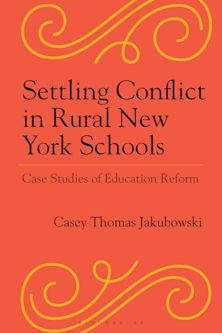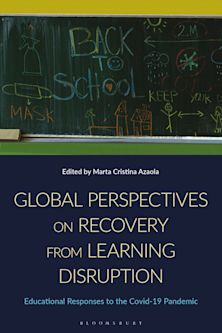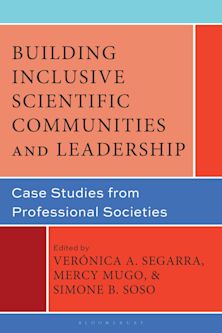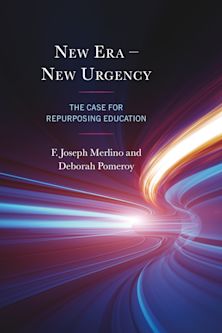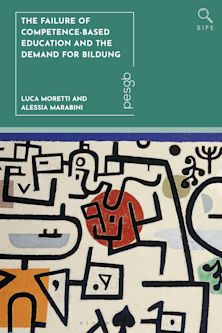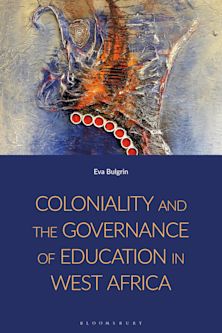Building Knowledge Cultures
Education and Development in the Age of Knowledge Capitalism
- Textbook
Building Knowledge Cultures
Education and Development in the Age of Knowledge Capitalism
- Textbook
This product is usually dispatched within 2-4 weeks
- Delivery and returns info
-
Flat rate of $10.00 for shipping anywhere in Australia
Description
This book develops the notion of 'knowledge cultures' as a basis for understanding the possibilities of education and development in the age of knowledge capitalism. 'Knowledge cultures' refers to the cultural preconditions in the new production of knowledge and their basis in shared practices, embodying preferred ways of doing things often developed over many generations. These practices also point to the way in which cultures have different repertoires of representational and non-representational forms of knowing. The book discusses knowledge cultures in relation to claims for the new economy, as well as cultural economy and the politics of postmodernity. It focuses on national policy constructions of the knowledge economy, 'fast knowledge' and the role of the so-called 'new pedagogy' and social learning under these conditions.
Table of Contents
Chapter 2 The Politics of Postmodernity and the Promise of Education
Chapter 3 Education Policy in the Age of Knowledge Capitalism
Chapter 4 National Policy Constructions of the 'Knowledge Economy': Towards a Critique
Chapter 5 Classical Political Economy and the Role of Universities in the New Knowledge Economy
Chapter 6 The Theatre of Fast Knowledge: Performative Epistemologies
Chapter 7 The New Pedagogy and Social Learning: Current Pedagogic Research and Practice
Chapter 8 Theorising Educational Practices: The Politico-Ethical Choices
Chapter 9 Knowledge Networks, Innovation and Development: Education After Modernization
Chapter 10 Educational Policy Futures
Product details
| Published | 13 Apr 2006 |
|---|---|
| Format | Paperback |
| Edition | 1st |
| Extent | 240 |
| ISBN | 9780742517912 |
| Imprint | Rowman & Littlefield |
| Dimensions | 230 x 155 mm |
| Series | Critical Education Policy and Politics |
| Publisher | Bloomsbury Publishing |












